Description
ABSTRACT
Repositioning the Nigerian Solid Minerals and Mining Industry for Sustainable Development
Oluwakemi Oke*
The need for the diversification of the Nigerian economy from crude oil has always been on the front burner. This need intensified as a result of the recent decline in the prices of crude oil in the international market which has made the country vulnerable. The urgent need to diversify the economy to curtail the over-dependence on crude oil can therefore not be overemphasised. The mining industry is one of the major alternatives for export earnings in Nigeria and has started contributing to the economy. The Nigerian Government has created a liberalised regulatory framework to attract investors into the sector. This paper posits that much more than ensuring a liberalised environment for foreign investors, the mining sector in Nigeria should also ensure sustainable development in terms of ensuring local content development, prevention of environmental degradation in the conduct of mining activities and ensuring transparency and accountability in the operation of Mining Companies. The papers analyses the extent to which the Nigerian mining Laws have ensured the enhancement of these sustainable development issues and emphasises the need to reposition the Nigerian legal framework to attract investors while at the same time ensuring the utilisation of the resources for the benefit of all.
INTRODUCTION
Nigeria is endowed with vast reserves of solid minerals, including, but not limited to, precious metals, stones and industrial minerals. Nigeria was a major exporter of tin, columbite and coal in the early 1970s.1 However, activities in the mining sector deteriorated drastically when crude oil production began to receive undivided attention, and became a major source of foreign exchange earnings for the country.2 There are over 40 different types of minerals spread across the country, including gold, barite, bentonite, limestone, coal, bitumen, iron ore, columbite-tantalite, lead/zinc, gemstones, granite, marble, gypsum, talc, lead, lithium, silver etc, much of which are yet to be exploited.
The sector offers a viable alternative to crude oil for foreign exchange earnings. The commercial value of Nigeria’s solid minerals has been estimated to run into hundreds of trillions of dollars, with 70 per cent of these buried in the bowels of Northern Nigeria.3
Despite the huge deposits of mineral resources in Nigeria, the success of the Mineral and Mining industry in alleviating poverty and promoting sustainable development has been relatively low. The Solid Mineral and Mining sector can create opportunities for growth and development through enhanced revenue derived from export earnings, taxes and royalties, job creation, knowledge, skill and technology transfer, provision of infrastructure and social sciences if the advantages of the sector are properly harnessed.4
* LL.B, BL. A Legal Practitioner Practicing in Lagos
- KPMG, Nigerian Mining Sector, February 2012, page 4 accessed 7 September, 2016
- ibid
- Nigerian Investment Promotion Commission, Solid Minerals. accessed 7 September, 2016
- Mrs. Mercy O. Erhun, ‘The Contribution of the Minerals and Mining Industry to Poverty Alleviation and Sustainable Development in Nigeria A Legal Perspective’ (2015) 5(8) Journal of Energy Technologies and Policy 96 109

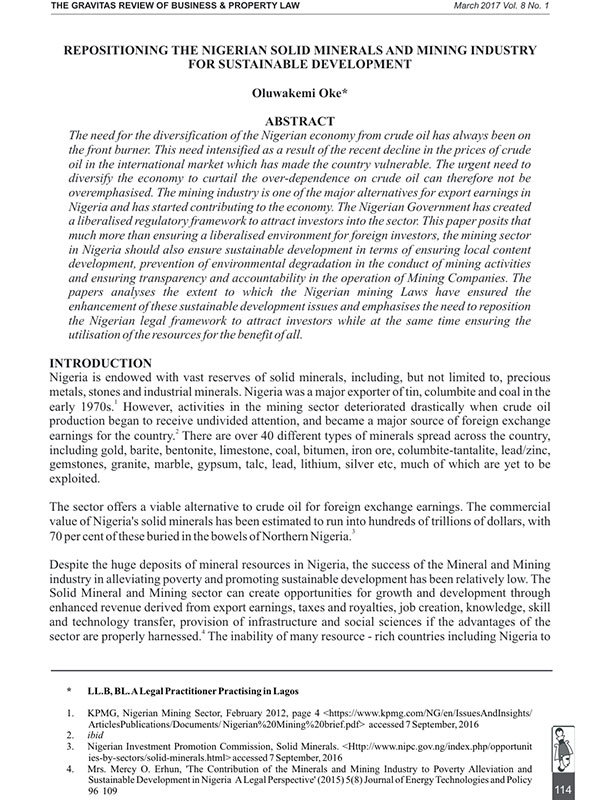
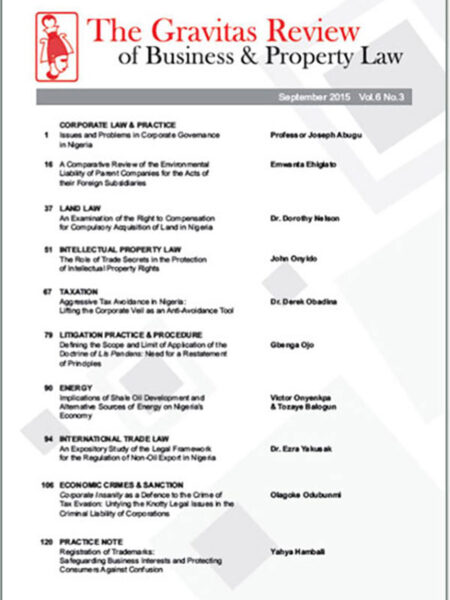
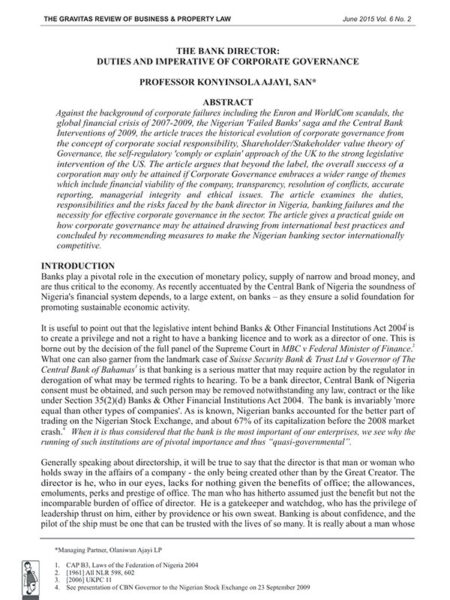
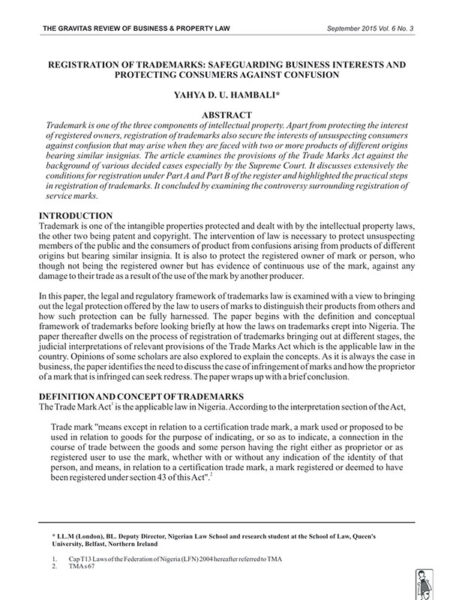
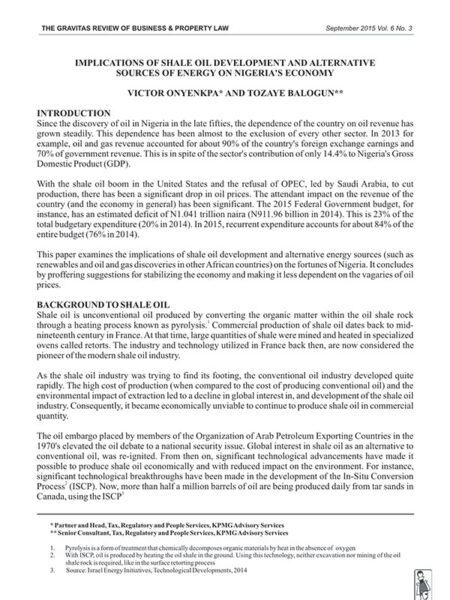


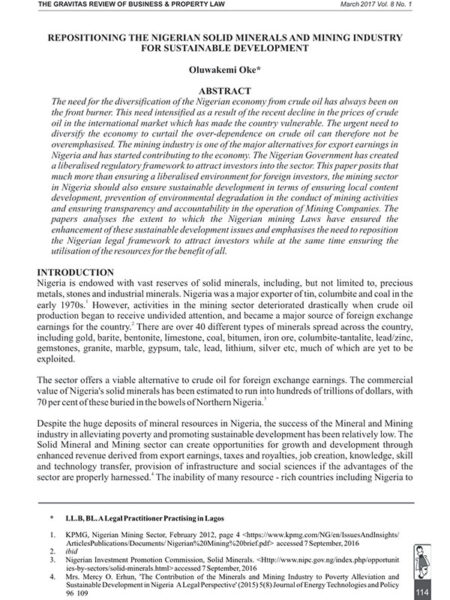
Reviews
There are no reviews yet.